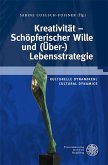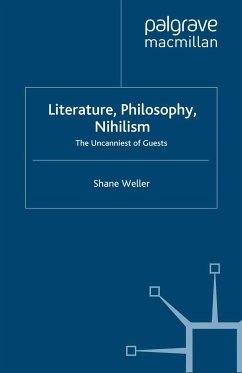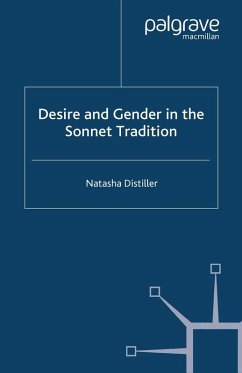Dieser Download kann aus rechtlichen Gründen nur mit Rechnungsadresse in A, B, BG, CY, CZ, D, DK, EW, E, FIN, F, GR, HR, H, IRL, I, LT, L, LR, M, NL, PL, P, R, S, SLO, SK ausgeliefert werden.
'Bernard Jackson provides a new approach to understanding Bryon's philosophical development - one that is sympathetic to the poet's oft-maligned intellectual powers...contributes to larger conversations about the function of poetry and reading in the nineteenth century and provides readers with material for future scholarly investigations of the poet's skepticism.' - Review 19









